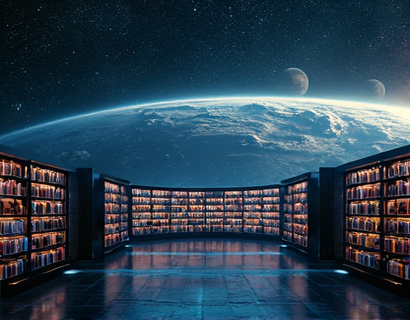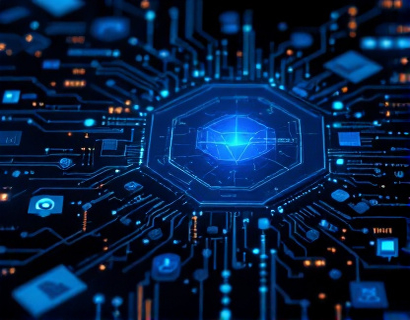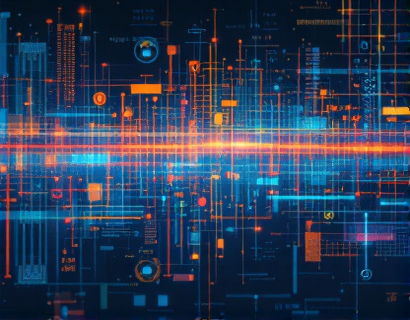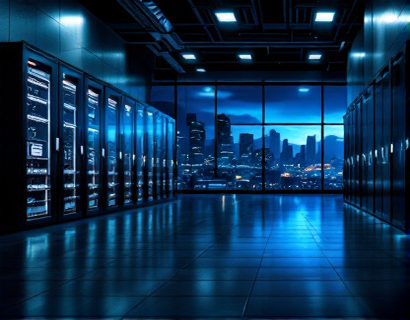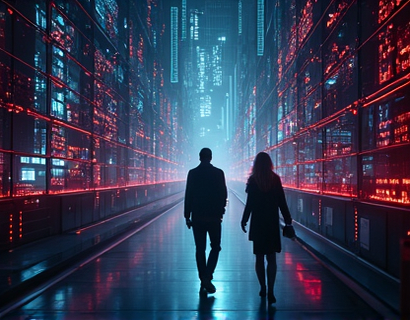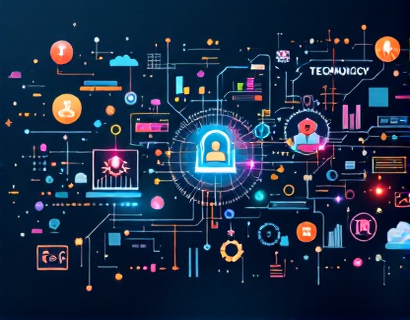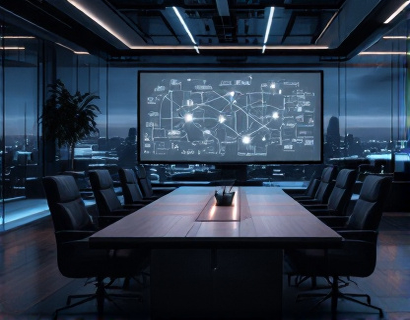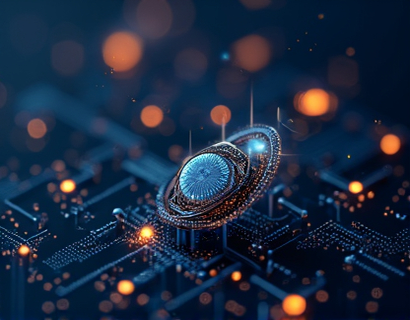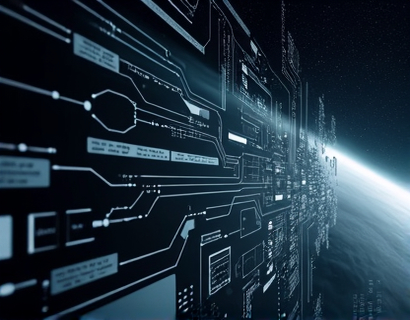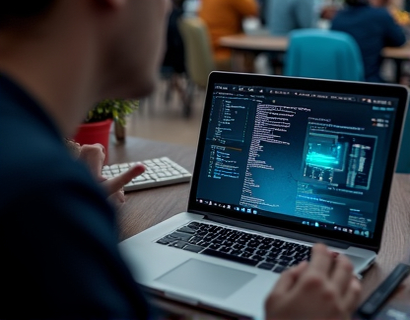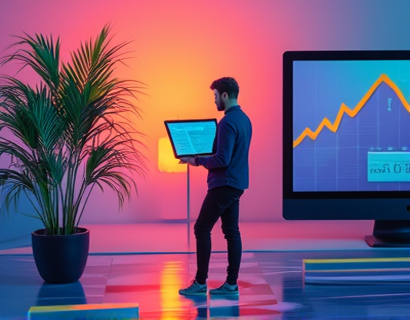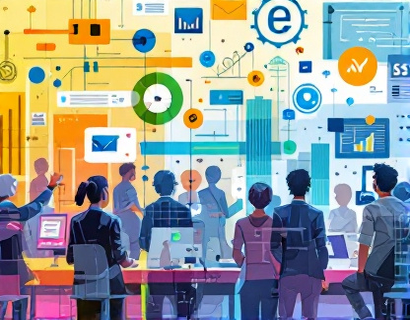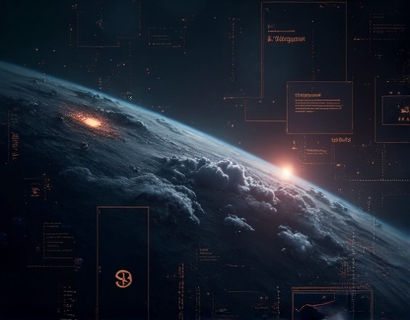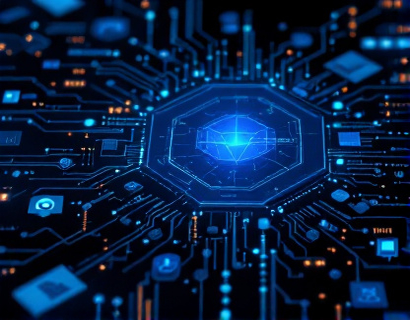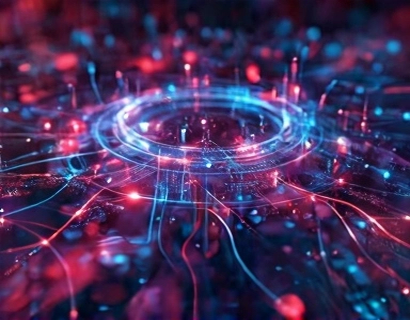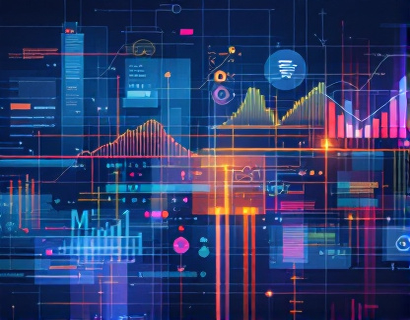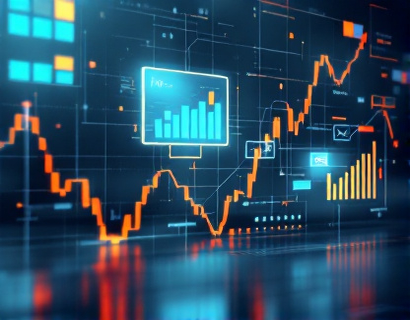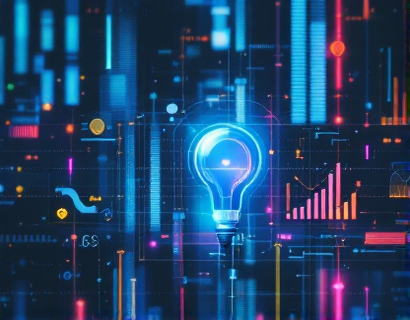Decentralized Productivity: Unleashing the Synergy of AI and Crypto for Next-Gen Business Solutions
The intersection of artificial intelligence (AI) and cryptocurrency is giving rise to a new paradigm in business solutions, one that promises to revolutionize productivity and digital collaboration. This transformative synergy is not just a theoretical concept but a practical reality that is already beginning to shape the way organizations operate. By merging the power of decentralized technologies with the intelligence of AI, we are witnessing the emergence of advanced tools that redefine efficiency, security, and innovation in the digital workplace.
The traditional centralized models of productivity are being challenged by decentralized alternatives that leverage blockchain technology. Blockchain, at its core, is a distributed ledger that ensures transparency, immutability, and security without the need for intermediaries. When combined with AI, these platforms can automate complex tasks, optimize workflows, and enhance decision-making processes. This article delves into how this fusion is creating next-generation business solutions that are more robust, scalable, and user-friendly.
Understanding Decentralized Productivity
Decentralized productivity refers to the use of decentralized technologies to improve and streamline business operations. Unlike traditional centralized systems where control and data are held by a single entity, decentralized systems distribute these functions across a network of nodes. This distribution not only enhances security by eliminating single points of failure but also promotes transparency and trust among participants.
The integration of AI into decentralized systems takes this concept further by enabling intelligent automation and data-driven insights. AI algorithms can analyze vast amounts of data stored on the blockchain, identify patterns, and make predictions or recommendations in real-time. This capability is particularly valuable in scenarios where quick and accurate decision-making is crucial, such as supply chain management, financial trading, and project management.
AI-Driven Decentralized Tools
One of the most exciting applications of AI in decentralized environments is the development of smart contracts that can execute complex logic autonomously. These smart contracts can be programmed to trigger actions based on predefined conditions, all while being transparent and verifiable. For instance, in a decentralized marketplace, AI can optimize pricing and inventory management through smart contracts that adjust in real-time based on market demand and supply.
Another area where AI and decentralization converge is in the realm of identity and access management. Decentralized identity solutions use AI to create secure and self-sovereign identity systems. Users can control their digital identities and grant access to services and applications as needed, without relying on centralized authorities. This not only enhances privacy but also reduces the risk of identity theft and fraud.
Enhanced Collaboration and Communication
The collaborative nature of decentralized platforms is significantly enhanced by AI. In a decentralized work environment, team members can leverage AI-powered tools to communicate more effectively and manage projects with greater precision. For example, AI-driven chatbots can facilitate real-time translation, ensuring seamless communication across global teams. These chatbots can also assist in scheduling meetings, managing to-do lists, and providing relevant updates based on project progress.
Moreover, AI can analyze communication patterns and suggest optimal workflows to improve collaboration. By understanding the preferences and working styles of team members, AI can recommend the best times for meetings, the most efficient ways to share information, and even predict potential bottlenecks in project timelines. This level of insight and automation is transformative for teams looking to maximize their productivity and efficiency.
Security and Trust in Decentralized Systems
Security is a paramount concern in any digital environment, and decentralized systems powered by AI offer robust solutions. The inherent transparency of blockchain ensures that all transactions and interactions are recorded and verifiable, reducing the risk of unauthorized access and data breaches. AI enhances this security by continuously monitoring the network for anomalies and potential threats, enabling proactive measures to be taken.
Furthermore, AI can help in compliance and regulatory adherence by automating the detection of suspicious activities and ensuring that all operations meet the required standards. This is particularly important in industries such as finance and healthcare, where data privacy and regulatory compliance are critical. The combination of decentralized and AI-driven security measures provides a comprehensive framework for protecting sensitive information and maintaining trust among users.
Case Studies and Real-World Applications
Several organizations are already leveraging the synergy of AI and decentralization to create innovative business solutions. One notable example is a decentralized supply chain platform that uses AI to optimize logistics and track goods in real-time. By integrating smart contracts, the platform ensures that all transactions are transparent and tamper-proof, while AI algorithms predict and mitigate potential delays or disruptions.
In the financial sector, a decentralized lending platform has implemented AI to assess creditworthiness and automate loan approvals. This not only speeds up the lending process but also reduces the risk of default by using data-driven insights. The use of blockchain ensures that all financial transactions are secure and auditable, building trust among borrowers and lenders.
Another compelling application is in the field of content creation and distribution. A decentralized media platform uses AI to curate and recommend content based on user preferences, while blockchain ensures that creators are fairly compensated for their work. This model not only enhances user experience but also supports a more equitable and sustainable content ecosystem.
Challenges and Future Prospects
Despite the numerous benefits, the integration of AI and decentralization is not without challenges. One of the primary hurdles is the technical complexity involved in building and maintaining these systems. Developers need to have a deep understanding of both AI and blockchain technologies to create effective and user-friendly solutions. Additionally, the scalability of decentralized platforms remains a concern, as they must handle increasing amounts of data and transactions without compromising performance.
Another challenge is the regulatory landscape, which is still evolving in the realm of decentralized technologies. Ensuring compliance while maintaining the decentralized nature of these systems requires careful navigation and collaboration with regulatory bodies. However, as the benefits become more apparent, we can expect to see more supportive frameworks that encourage innovation in this space.
Looking ahead, the future of decentralized productivity is bright. As AI continues to advance and more organizations recognize the value of decentralized solutions, we can anticipate a surge in the development of integrated platforms that combine the strengths of both technologies. The potential for creating more autonomous, efficient, and secure business environments is immense, paving the way for a new era of digital collaboration and productivity.
In conclusion, the fusion of AI and decentralization is not just a technological trend but a fundamental shift in how we approach business and collaboration. By embracing this synergy, organizations can unlock new levels of efficiency, security, and innovation, positioning themselves at the forefront of the next digital revolution.






